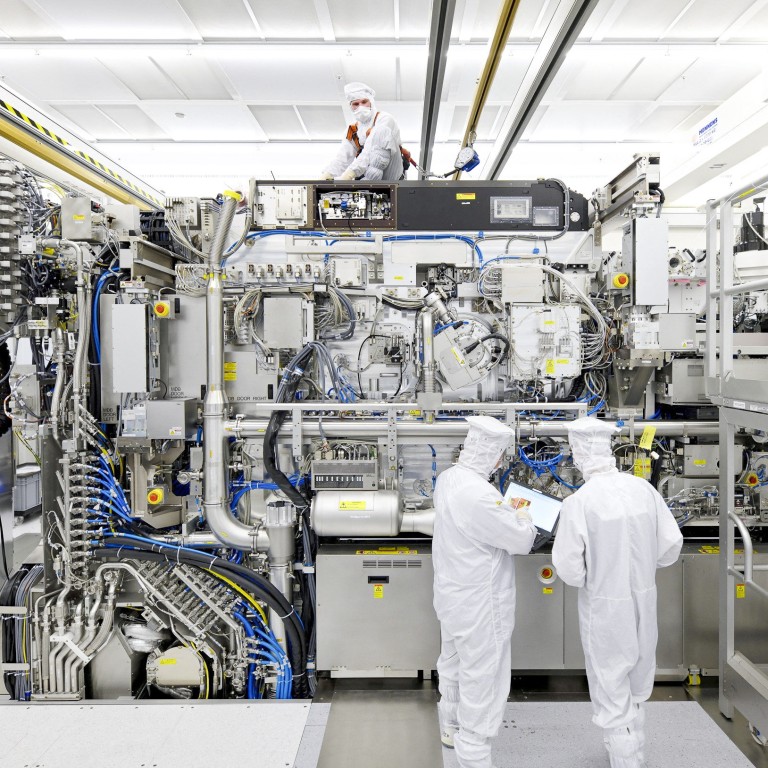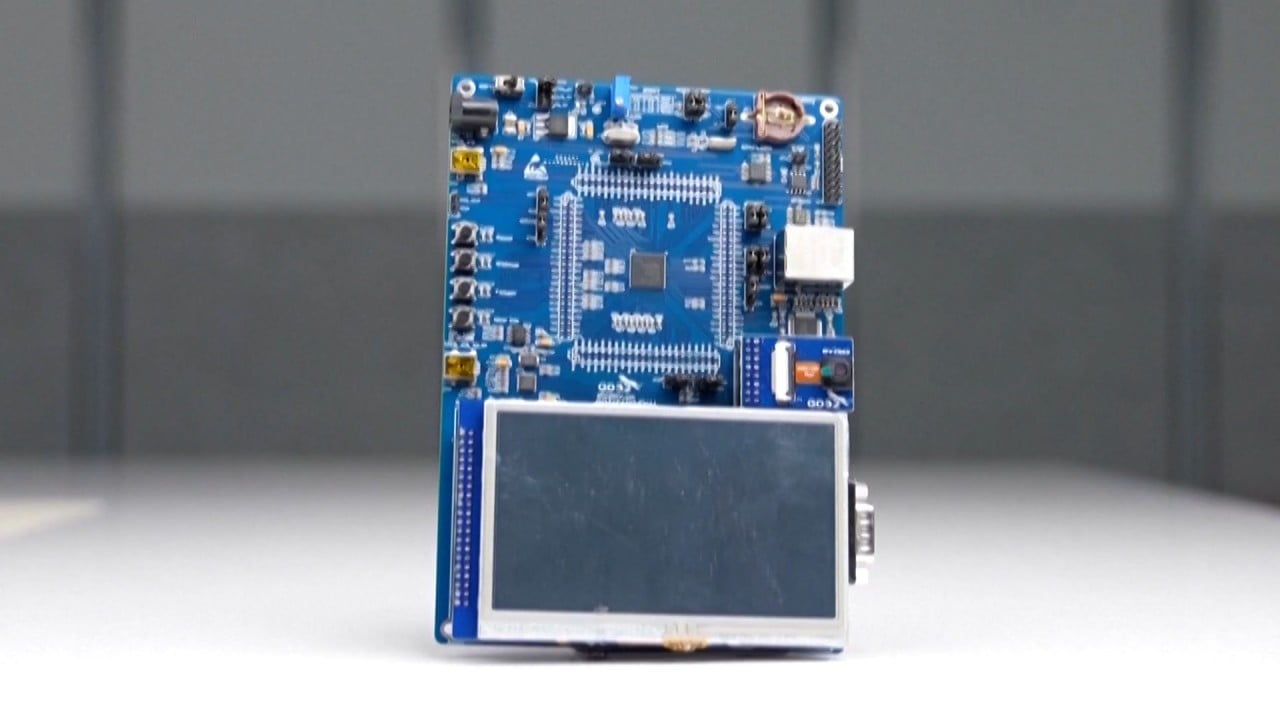
China urges Netherlands to safeguard supply chain and keep trade open in face of US curbs on advanced chip tech
- Chinese Foreign Minister Qin Gang asked Dutch counterpart Wopke Hoekstra to ‘promote an open and orderly international trade environment’
- Senior US and Dutch officials met in Washington the same day to discuss the importance of advancing diversity, equity, inclusion and accessibility
Qin also said he hoped the two countries could maintain the “defining feature” of Sino-Dutch relations – an “open and pragmatic relationship”.
The call between Qin and Hoekstra came as the United States is also stepping up its engagement with the Netherlands. On Monday, US acting deputy secretary for management and resources John Bass met Dutch foreign ministry secretary general Paul Huijts in Washington.
The two officials discussed workforce and management strategies and the importance of advancing diversity, equity, inclusion and accessibility, a US government statement said.
Samsung profit plunges 90 per cent amid chip market crash
China’s foreign ministry spokeswoman Mao Ning said at the ministry’s daily press briefing on Tuesday that certain countries did not “hesitate to hurt their friends out of self-interest” and “maliciously blocked and suppressed Chinese firms”.
She was responding to a question about the Netherlands and said bullying and hegemonic behaviour infringed on the rights of Chinese companies and destabilised the global supply chain.
For the second consecutive day speaking on the subject at the daily press briefing, Mao all parties should make independent decisions based on their long-term interests and would uphold the principle of a fair and equitable market.
On Monday, in response to campaigning by Biden’s administration, Mao had called out the US for “abusing export controls” and “destabilising global industrial and supply chains”.
She said China would “firmly defend” its legitimate interests.
Since October, US President Joe Biden’s administration has exerted wide-ranging export controls, including tight restrictions on US chip-making technology, as part of an effort to slow Beijing’s technological and military advances.
ASML Holding, the Dutch firm at the heart of this tech war, has a global monopoly on advanced lithography technology and the production of equipment critical for making semiconductors.
The firm has been restricted from selling its most advanced extreme ultraviolet (EUV) machines to Chinese customers since 2019 because of US pressure, but it still sends older deep ultraviolet (DUV) machines to China.
The company’s CEO Peter Wennink told Reuters Chinese sales in 2021 totalled around 2.16 billion euro (US$2.35 billion), or 14 per cent of the company’s total revenue.
Japanese firms Nikon Corp and Tokyo Electron also make similar but less advanced lithography equipment.
Be ready to face China wrath over chip export curbs, Japan lawmaker says
This move was in relation to concerns the city was being used as a back door through which the technology could make its way into the rest of China.
In mid-January, Biden met separately with Japanese Prime Minister Fumio Kishida and Dutch Prime Minister Mark Rutte to push for tighter export controls. At that time, Rutte said he did not feel pressure from Washington to further restrict semiconductor exports to China, while Kishida said he would deal with the restrictions “appropriately”.



